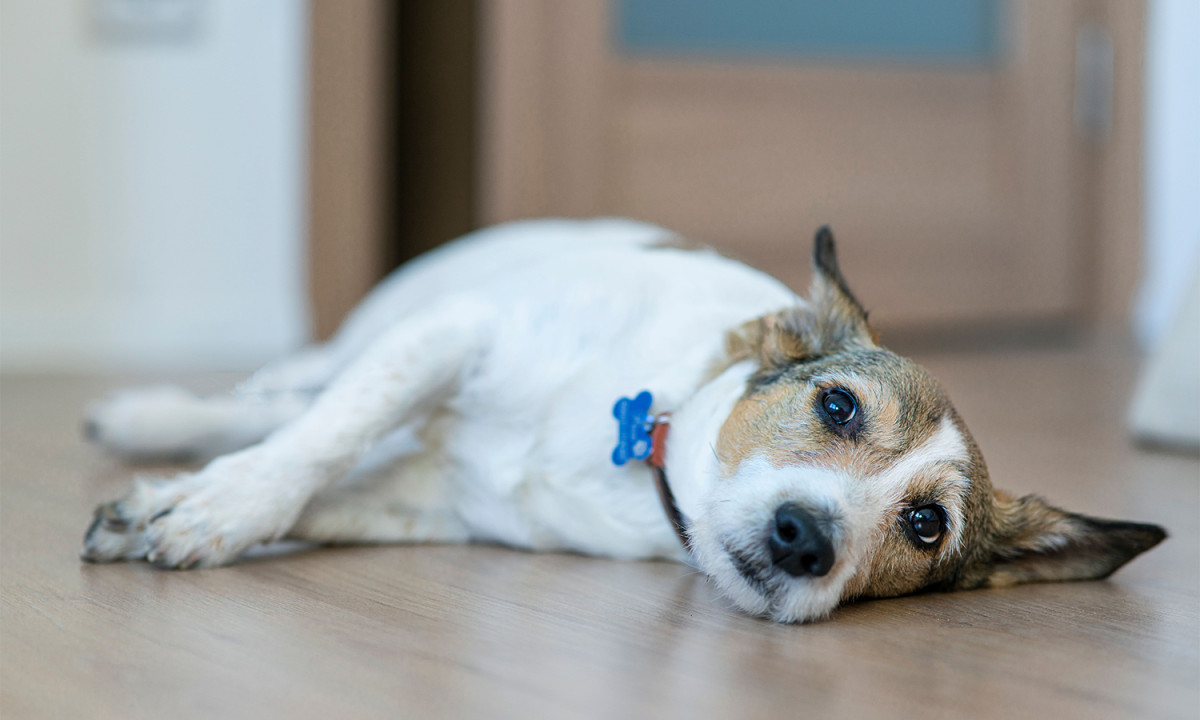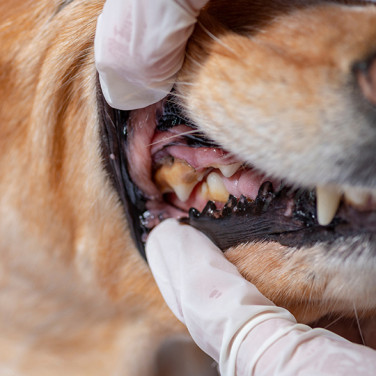SYMPTOMS
Constipation in Dogs - Causes, Symptoms, and Treatment
페이지 정보
본문
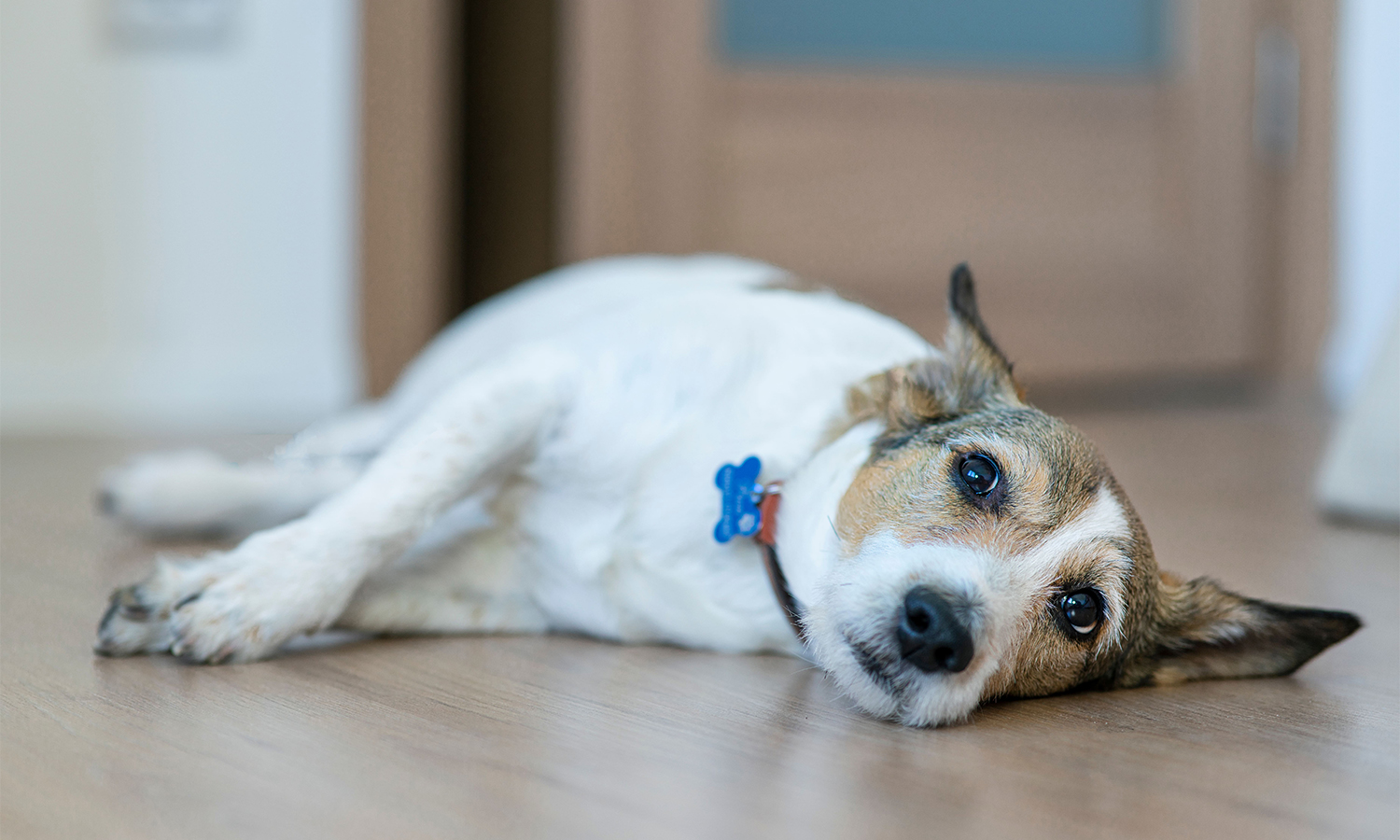
What is Constipation in Dogs?
Constipation refers to a decrease in frequency or difficulty passing stool. Dogs typically have one or two bowel movements each day. Symptoms of constipation usually last a short period but will cause a dog to experience straining and pain while trying to defecate. If constipation is severe and persists, it can develop into what is called obstipation. An obstipation is a severe form of constipation where the colon becomes full of hard, dry stool that cannot be passed independently. The cause of constipation in dogs can vary from mild causes, such as lack of exercise to serious issues caused by diseases. In most cases, constipation can be easily resolved with light treatment.
What are the Causes of Constipation in Dogs?
There are various causes of constipation in dogs, with the most common cause typically due to ingesting an indigestible or foreign substance.
The following is a list of the most common causes your dog may be experiencing constipation:
-
Diet
A low-fiber diet can often cause constipation in dogs. Not drinking enough water or often eating foreign material, such as hair, cat litter, bones, toys, etc., can also lead to constipation.
-
Ingesting foreign material
Foreign body ingestion can block the intestines and cause constipation.
-
Age
Senior pets tend to be more prone to constipation as bodily function decreases.
-
Stress and lifestyle
Fear and anxiety can cause a dog to hold in their bowel movements. Environmental or sudden diet changes can affect a dog’s bowel movements. Lack of exercise can slow stool movement through the gastrointestinal tract, resulting in constipation.
-
Drugs
Opiates, antihistamines, diuretics, pain relievers, and some cancer medications are known to cause constipation in dogs. Medication prescribed after some surgical procedures may also cause constipation.
-
Diseases
Diseases in the colon, spinal cord, and nervous systems can also show symptoms of constipation. Metabolic and hormonal diseases, such as hypothyroidism and kidney disease, also tend to show symptoms of constipation in dogs.
-
Tumors
Tumors outside the gastrointestinal tract that narrow the pelvic area (prostate tumors, cervical tumors, lymphomas, etc.) can cause difficulty in passing stool in dogs.
What are the Symptoms and Signs of Constipation in Dogs?
Dogs will typically pass stool at least once a day, so a way to tell if your dog may have constipation is by monitoring their bowel movements.
Signs of constipation in dogs include:
- Not having a bowel movement for several days
- Hard, dry stools that feel like stones
- Dog assumes position but does not pass stool
- Small amounts of liquid feces mixed with blood
- Straining and crying due to pain
- Frequent defecation attempts: circling or squatting
- Scooting
- Decreased appetite
- Vomiting
- Small amounts of loose or mucus-containing stool
- Weight loss
When to See a Vet for Dog Constipation
Constipation can happen to any dog but is more common in older dogs. An enlarged prostate in older male dogs can also cause constipation. Since constipation can get worse if left untreated, it is recommended that you seek treatment at a hospital if symptoms are identified. If constipation persists, it can progress to obstipation, which makes passing stool difficult and can lead to further complicated issues.
It is recommended to see a doctor if constipation is accompanied by the following symptoms:
- Vomiting
- Swollen abdomen
- Lethargy
- Loss of appetite
- Weight loss
How to Manage Constipation for Dogs at Home
If constipation hasn't persisted for too long, you can try the following things to relieve constipation at home:
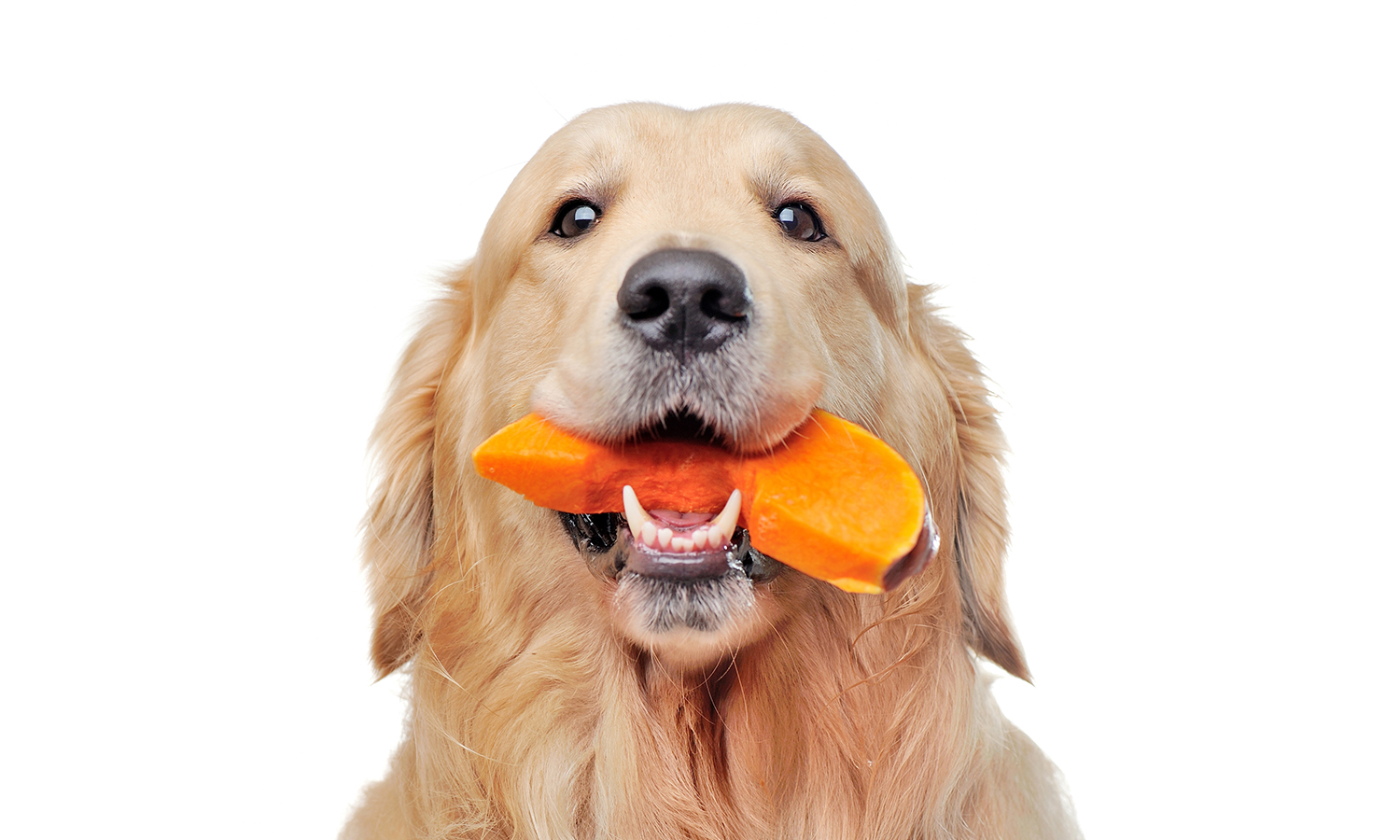
-
Feeding pumpkin
Pumpkin helps with multiple digestive symptoms due to its high fiber and water content. Most dogs enjoy the taste of pumpkin as well. Serve plain cooked pumpkin, pure canned pumpkin, and pumpkin powder with their meal or as a snack in moderation.
-
Canned dog food
Canned dog food contains a lot of water which can help with constipation.
-
Water
Simply ensure that your dog stays hydrated and drinks plenty of water.
-
Exercise
Exercise can help speed up the digestive process as opposed to a sedentary lifestyle.
-
Other fiber-rich foods
Foods like ginger, wheat bran, psyllium, olive oil, figs, etc., fed in small quantities can help soften up stool.
-
Fiber Powder
-
Laxatives
Laxatives can be administered after consulting a veterinarian about whether it is safe for your pet or not.
How is Constipation Diagnosed for Dogs?
If you visit the veterinary hospital for constipation, you can expect your veterinarian to ask about the following:
- Duration of last normal bowel movement
- Color and shape of stool
- Ingestion of foreign substances other than food
- Signs of pain during bowel movements
- Taking any medications for a recent injury or during treatment
Based on the guardian's answer, the following tests may be performed:
-
Abdominal palpation
The abdomen is physically assessed to evaluate the pain level in the abdomen and the condition of the colon. The presence or absence of fluid built up or a mass will also be checked.
-
Rectal exam
A rectal examination is performed to check for rectal strictures, tumors, and foreign bodies.
-
Radiation and ultrasound
Imaging tests using radiographs and ultrasound are used to check for foreign bodies, tumors, obstructions, fractures, and the extent of bowel dilatation.
-
Barium contrast
Barium contrast is administered to check the condition of the colon, gastrointestinal system, and stool.
-
Colonoscopy
Removal of the foreign body through endoscopy and diagnosis of inflammation and tumor is possible.
-
Blood test
Blood tests can also check for dehydration, infection, and other systemic abnormalities.
-
Urine test
A urine test can check for abnormalities in the urinary system, including kidney disease.
-
Neurological exam
-
Biopsy
A biopsy may be performed if a mass or stricture is identified in the intestine.
How is Constipation Treated for Dogs?
Most cases of constipation can be relieved with light treatment, such as increasing fluid and fiber intake or increasing exercise.
Depending on the severity of constipation, the following treatments may be used:
-
Laxatives
Under the veterinarian’s recommendation, laxatives can be administered to help pass stool. There are many types of drugs, such as drugs that are high in fiber and drugs that stimulate gastrointestinal motility.
-
Enemas
-
Manual removal
In severe cases, manual removal may be performed.
-
Medications to restore colon function
-
Surgery
In the case of megacolon, surgery may be necessary to remove part of the colon.
-
Behavioral corrective drugs
If it is triggered by stress or anxiety, behavioral corrective drugs may be prescribed.
If there is dehydration along with constipation, fluid treatment can be used to correct the dehydration, and if other diseases are confirmed, treatment for the underlying condition will proceed.
How to Prevent Constipation in Dogs
Lifestyle is vital to prevent constipation in dogs. It is important to have a balanced diet and drink plenty of fluids. Regular exercise and walking can help dog pass bowel movements smoothly.
Find out more about your dog’s disease or symptoms in the Buddydoc Library!
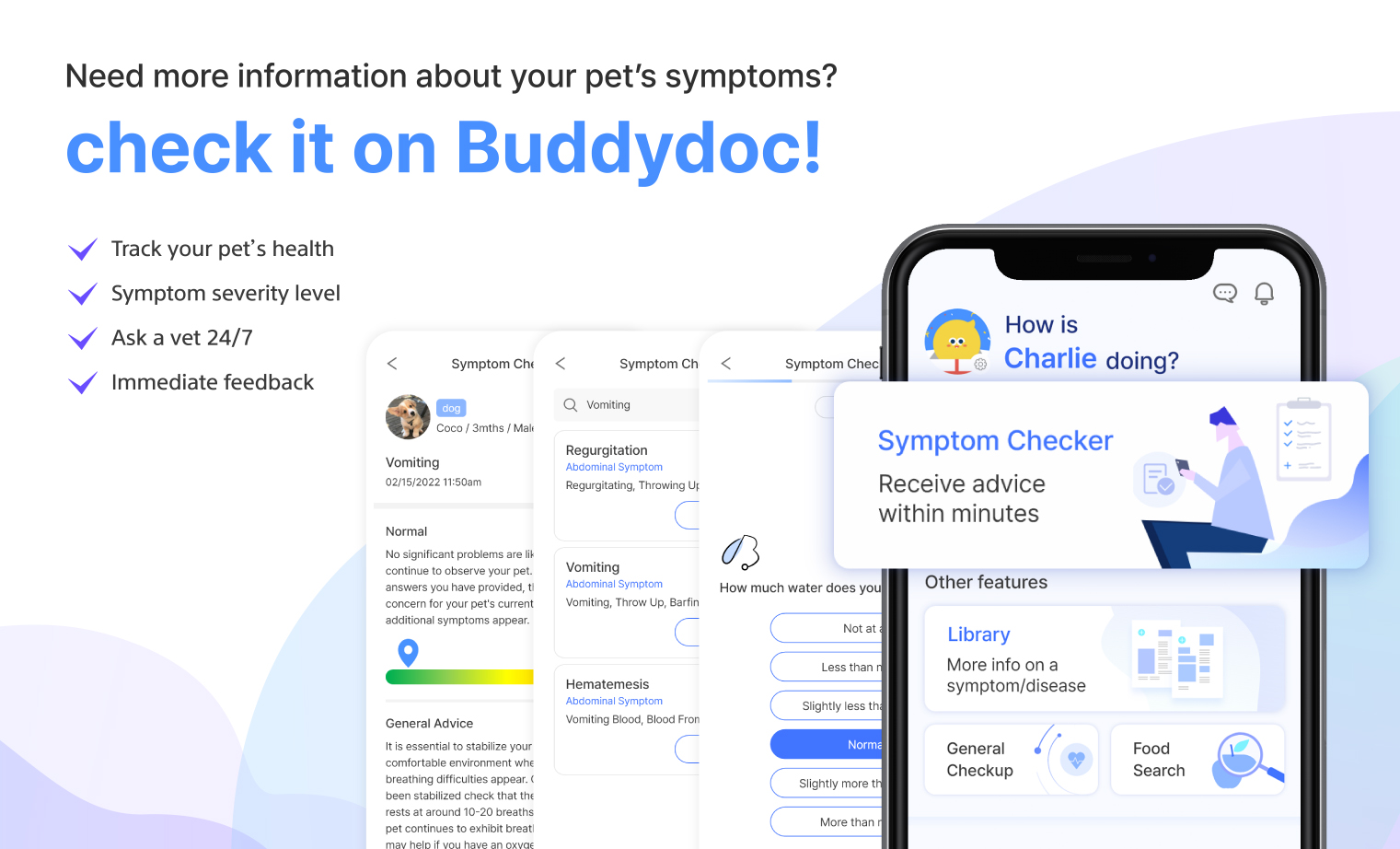
The Buddydoc library is filled with everything you’d want to know about each symptom and disease your pet may experience. If you would like to find out more about the causes, signs, treatments, preventions, and more for your dog’s disease. Try out the Buddydoc app and search your pet’s symptoms or diseases in the Buddydoc library.



